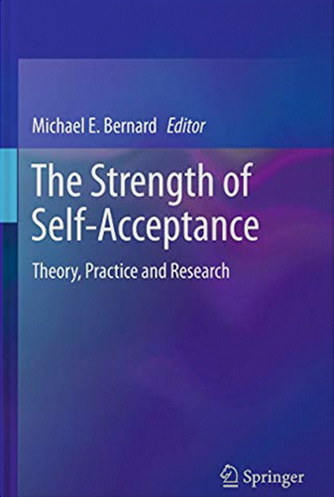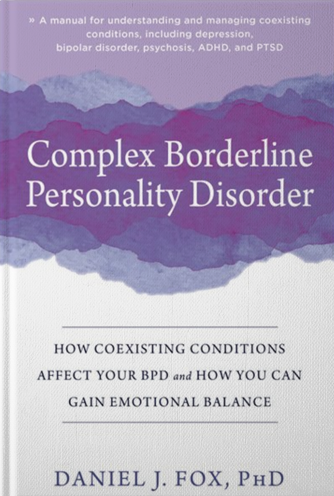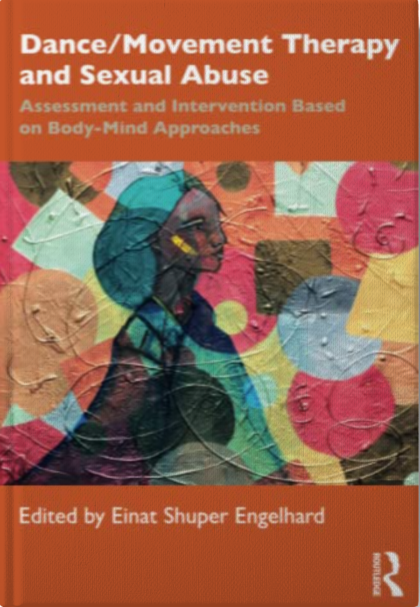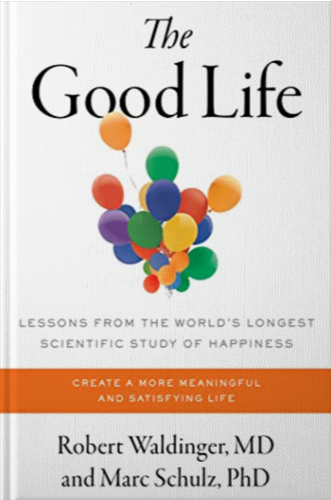Self-acceptance is recognized in diverse schools of Christian and Eastern theology as well as in various schools of counseling and psychotherapy (e.g., Humanistic, Rational-Emotive Behavior Therapy, Cognitive Behavior Therapy, Acceptance Commitment Therapy) as a major contributor to mental health, life satisfaction and wellness. A review of the professional literature reveals there is no text that spells out how different theologies, theories of personality and approaches to counseling and therapy conceptualize self-acceptance and how this concept is interrelated to other aspects and constructs of spirituality and psychological functioning (e.g., flexibility, mindfulness). Additionally, the field of positive psychology, which studies the character strengths and virtues that help individuals to experience well-being and to flourish, has largely ignored the concept of self-acceptance.








Reviews
There are no reviews yet.